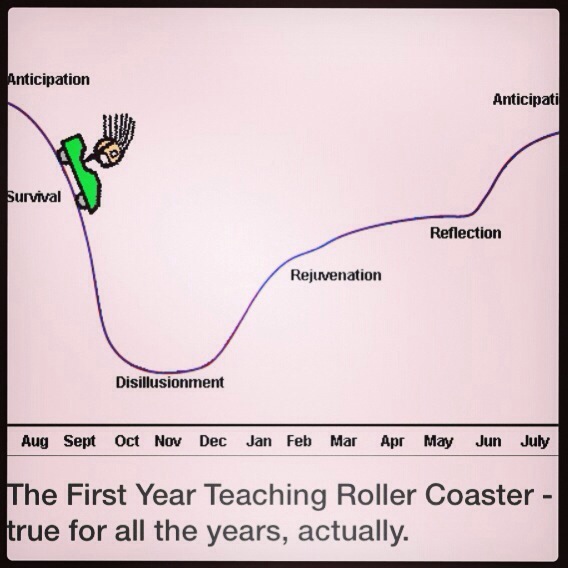What can make the difference is mindset--both the mindset you hold (i.e. it's going to get good!) and the mindset you project (i.e. you guys are going to be great!). One key ingredient that helps both these mindsets is praise.
While we've written in praise of praise before, we really can't praise the power of behavior-specific praise enough. Both research and experience tell us that it is more effective to build positive behaviors than to control negative student behavior (Strain & Sainato, 1987). However, some people have said that it is tough to give more praise:
- "I don't want it to feel fake."
- "Kids don't want to be called out."
- "I just don't know what to praise."
If you are looking for a planning sheet, this resource is great for developing your initial plan for behavior specific praise. TLI has made a template that you can choose to copy and adapt for this purpose. If you want help designing your own behavior checklist (or adapting something you currently use in the classroom to include praise), contact us!


No comments:
Post a Comment
Have something to ask or add? Let us know! We have moderation turned on (just in case), but we will be sure to approve new comments each week day.